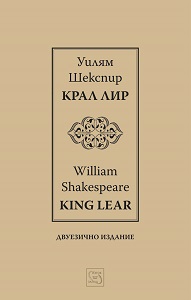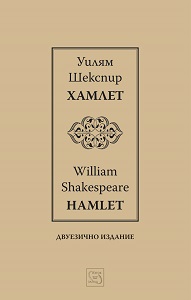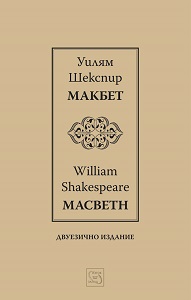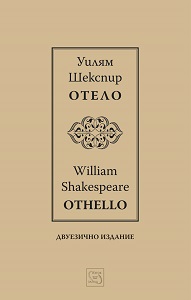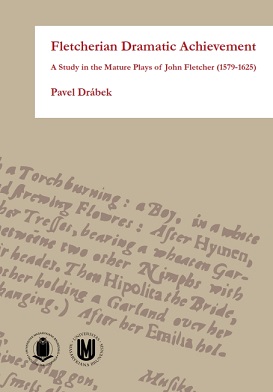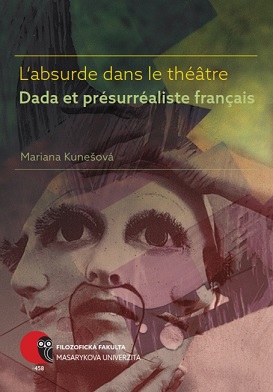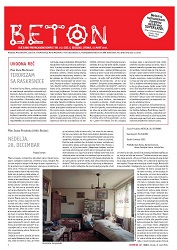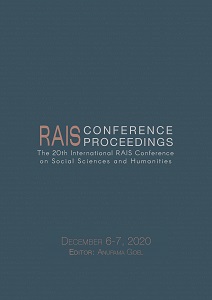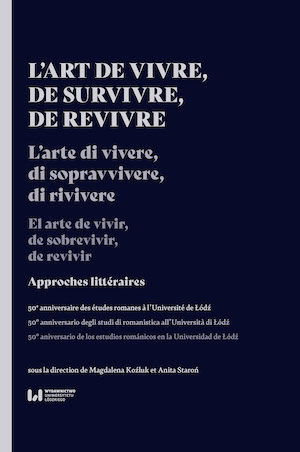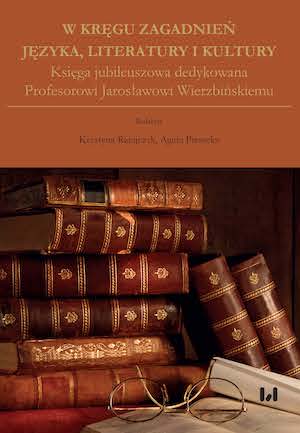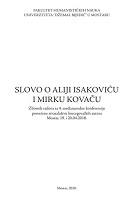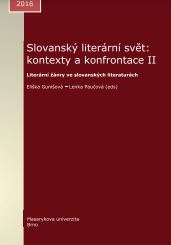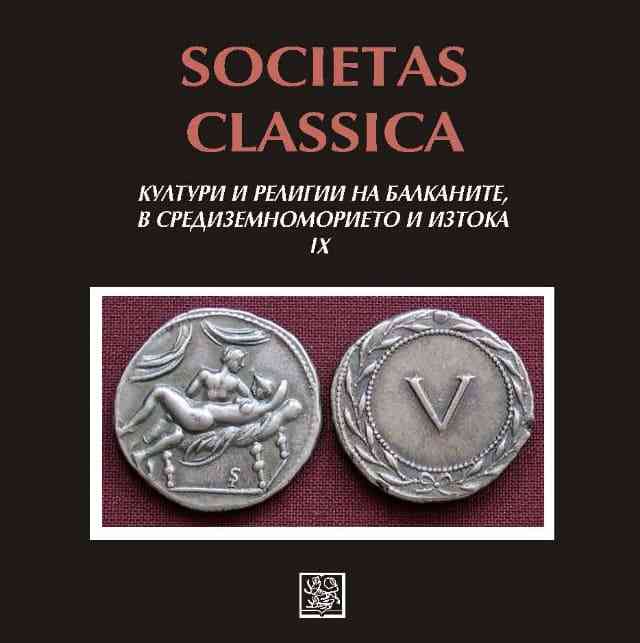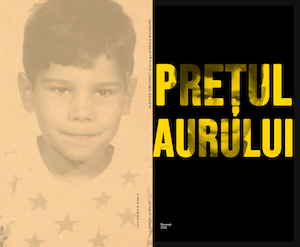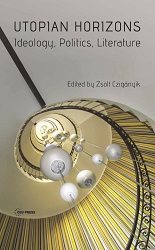
Marxist Utopianism and Modern Irish Drama, 1884–1904
Karl Marx’s Capital was the seminal work of nineteenth-century socioeconomic criticism, generating heated social and political debates in Britain and Ireland. There is a view according to which the social theories proposed by Marx and his friend, Friedrich Engels, were themselves utopian, although both social critics repeatedly emphasized their rejection of nineteenth-century utopian socialism—Marx himself claimed bluntly that it was simply “silly” and “stale” and “reactionary.” During the second half of the nineteenth century, Marxism, in its various shapes and forms, emerged as a powerful movement, making its very palpable presence felt in late-Victorian economic, social, and political discourses in England. Henry Hyndman’s Social Democratic Federation preached that revolution was the only means by which to change workers’ rights and status in society. Sidney Webb’s Fabian Society proposed a slower but steadier way of social reconstruction to be achieved through a series of parliamentary reforms. Rev. Stewart Headlam’s Christian Socialist congregation intended to put the repeated calls for social change on a religious footing, hoping to change the atheistic character of that Marxist social critique. These various socialist political formations may have been divided as regards to the means by which they intended to achieve social change, but were nonetheless united in their efforts to bring about that change. A key figure in all these emerging developments and political discussions was the artist, designer, and social critic William Morris, who shaped the ways in which socialism and Marxism developed as political philosophies in Britain and Ireland at the end of the nineteenth century. While looking at the indebtedness of Morris’s thinking to that of Marx, this essay also demonstrates the influence of his political thought on Irish literature through the early works of William Butler Yeats (The Wanderings of Oisin, The Countess Cathleen, Cathleen ni Houlihan and The Land of Heart’s Desire) and George Bernard Shaw (John Bull’s Other Island).
More...

